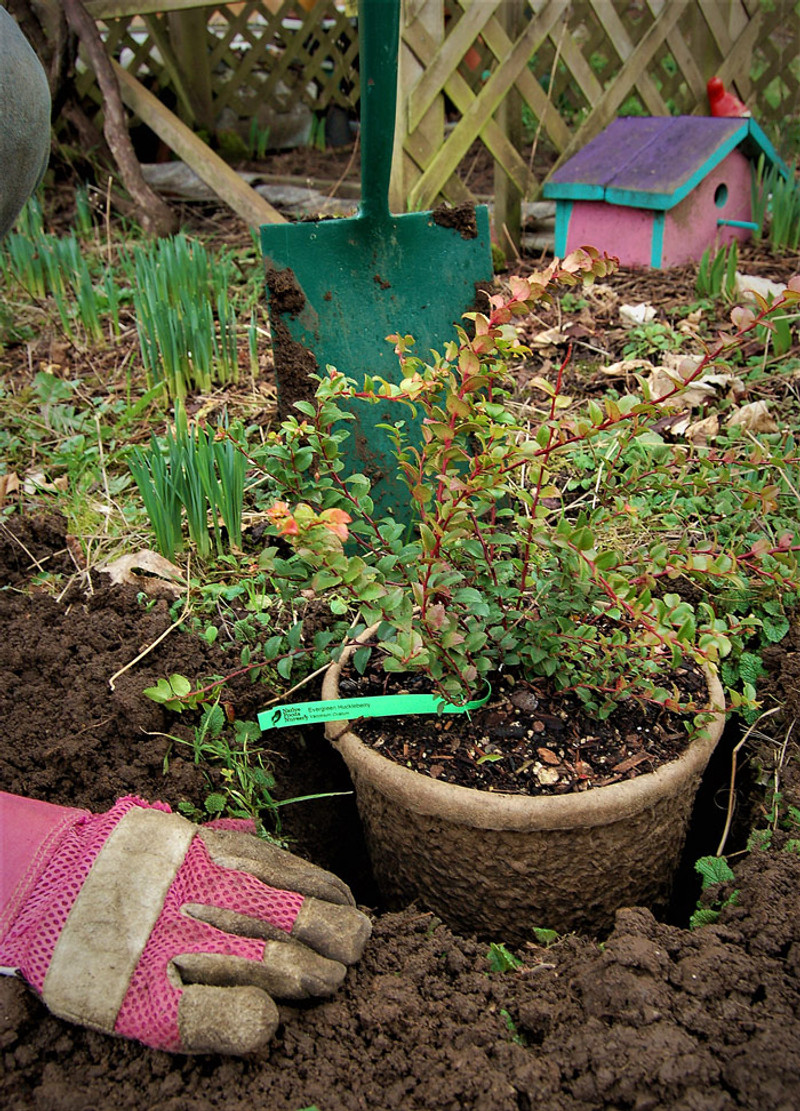First celebrated on April 22, 1970, Earth Day has now become an annual celebration worldwide that focuses on the support of environmental protections. This year’s Earth Day theme is ‘Planet vs. Plastics’, with the goal of reducing plastic production by 60% by 2040.
____
“Our reliance on plastics could be the biggest gamble in the story of human health in history. We are all ingesting and inhaling microplastics. They are everywhere. Are we just hoping they are safe, or is even the remotest possibility they might be toxic so terrifying that we can’t contemplate it?” ~Kathleen Rogers President, EARTHDAY.ORG
___
In saying plastics are everywhere, Kathleen Rogers quite literally means everywhere. Recent studies have found microplastics from the bottom of the Marianas Trench to snow near the peak of Mount Everest, from the bellies of marine life to the human placenta. These microplastics cause concern for many reasons, most notably that they absorb chemicals, including heavy metals and pesticides. When ingested through our foods, water, and even breast milk- these chemicals then enter our bodies. Microplastics and the chemicals they carry have been linked to issues with the reproductive and cardiovascular systems, as well as multiple types of cancer.
While systemic change in our policies around production and environmental protection are what will ultimately lead to the greatest change, as consumers, each of us has the opportunity every day to vote with our dollar as we choose whether or not to purchase products made with plastics. We live in a very fast-paced society where speed and convenience are often determining factors in the purchases we make. However, if we take the time to slow down just a little, we can make a big impact by choosing options that are not made of or packaged in plastic.
Some ways to reduce our plastic use include:
- Replacing single-use plastics (cups, straws, bags, etc) with renewable options
- Buy clothes and household items second-hand
- Buy grocery items in bulk
- Shop local and at Farmer’s Markets
Another way to reduce plastics is to grow and preserve as much of your food at home as you can. This not only reduces plastics in packaging but also the overall carbon footprint of food processing and transportation. When you grow edible plants that are native to your area, you get the added environmental bonuses of supporting local biodiversity and reducing your water usage for irrigation.
At Native Foods Nursery, we have been committed from day one to reducing our impact (and yours) on the environment, especially when it comes to plastics. All of our plants in 6” pots and smaller are automatically sent to you in compostable cow pots that are meant to be put directly into the soil with your plants. One and two-gallon plants can be sent with biodegradable pots for a small fee. Then, each of these plants is wrapped in paper and secured with paper tape that uses biodegradable adhesive. The plants are then secured to the box using recyclable staples. You can read more about our environmental practices HERE.
If you are in the Eugene, Oregon, area and still want to learn more, there will be a Farmer’s Market at Lost Valley Educational Center on Sunday, April 28th, followed by a potluck. Our Nursery Manager, Kaylee Sweet, will have a booth set up for her herbal products and will be available to answer questions about our plants and environmental practices. Information is below.
